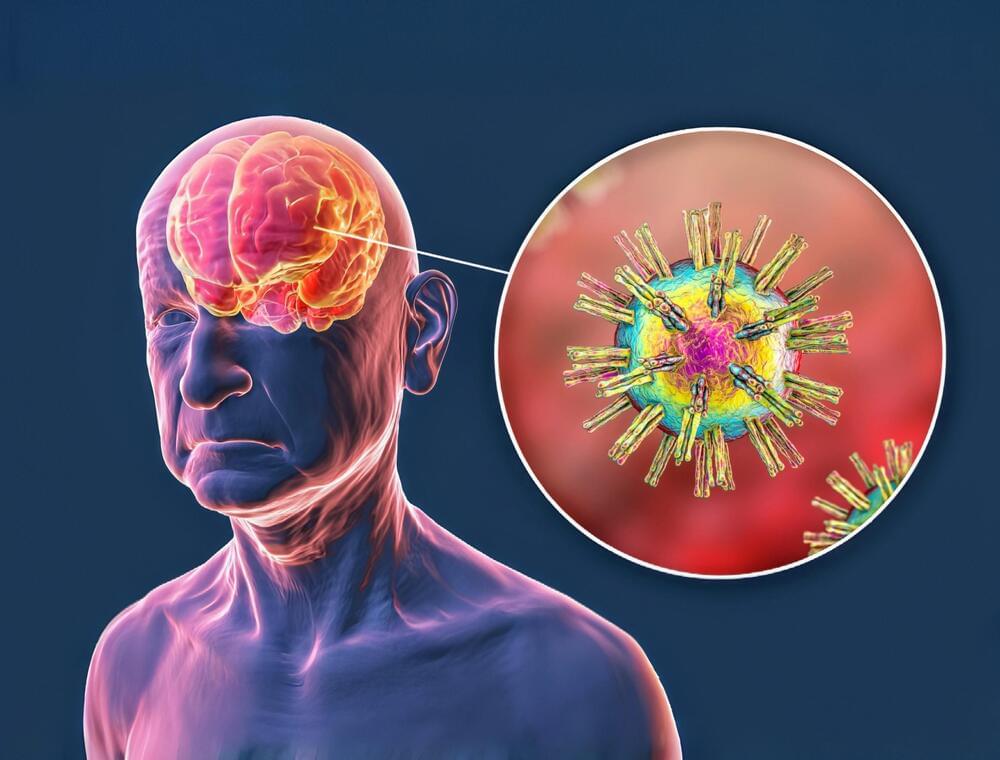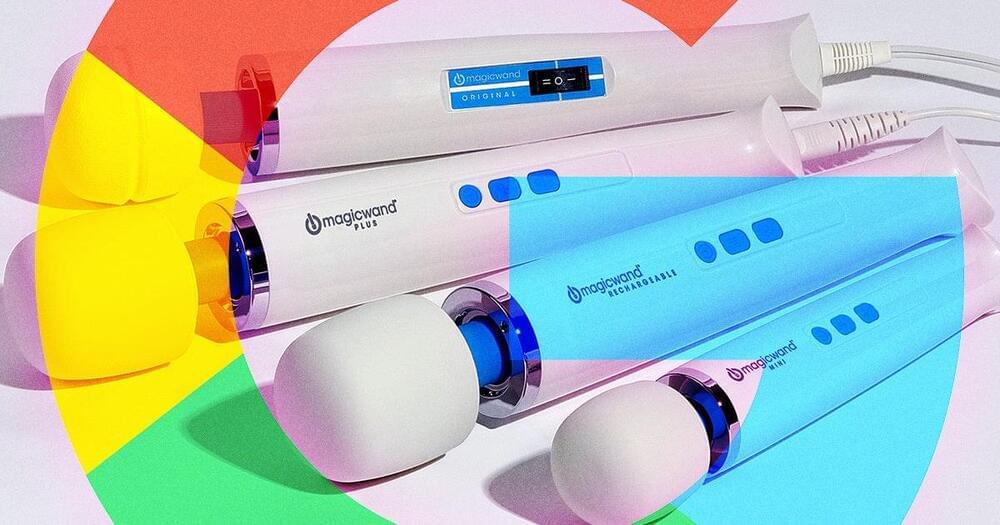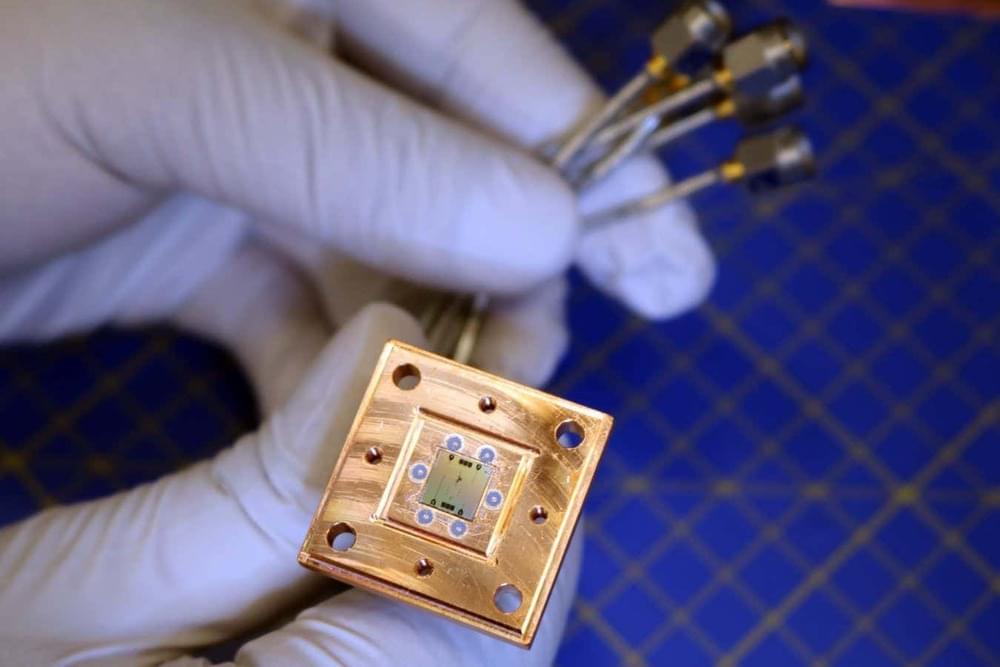
In today’s AI news, Macquarie will invest up to $5 billion in data centers being built by artificial-intelligence infrastructure company Applied Digital, adding to the Australian bank’s substantial AI-related investments.
And, President Joe Biden will issue an executive order on Tuesday to provide federal support to address massive energy needs for fast-growing advanced artificial intelligence data centers, the White House said.
The order calls for leasing federal sites owned by Defense and Energy departments to host gigawatt-scale AI data centers and new clean power facilities — to address enormous power needs on a short time frame.
Then, Microsoft is creating a new engineering group that’s focused on artificial intelligence. Led by former Meta engineering chief Jay Parikh, the new CoreAI – Platform and Tools division will combine Microsoft’s Dev Div and AI platform teams together to focus on building an AI platform and tools.
S strategy to enhance its AI capabilities across hybrid cloud environments.” + In videos, Snowflake CEO Sridhar Ramaswamy announces a new “upskill” initiative on AI as they work to address a global skills shortage. He joins Caroline Hyde on “Bloomberg Technology” to discuss the companies investment in educating people on AI skills.









